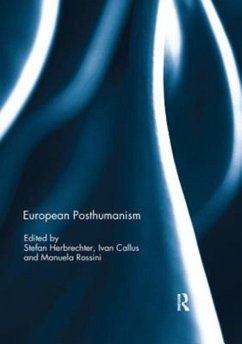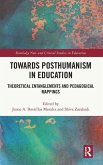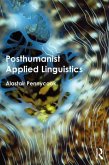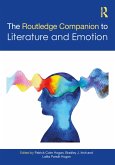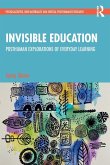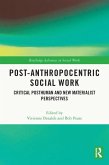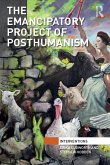In literary studies and beyond, 'theory' and its aftermaths have arguably been over-influenced by US- and UK-based institutions, publishers, journals, and academics. Yet the influence of theory in its Anglo-American forms has remained reliant on Continental European ideas. Similar patterns can be discerned within the latest theoretical paradigm - posthumanism. European ideas influence posthumanism's challenge to established understandings of humanism, anthropomorphism, and anthropocentrism, which is characterised by the increased urgency and proliferation of questions such as 'What does it mean to be human?' and 'What is the relationship between humans and their nonhuman others (machines, animals, plants, the inorganic, gods, systems, and various figures of liminality, from ghosts to angels, from cyborgs to zombies)?'
European Posthumanism examines the histories and geographies of posthumanism and looks at the genealogies which have been at work in the rise of posthumanist thought and culture. This book was originally published as a special issue of the European Journal of English Studies.
European Posthumanism examines the histories and geographies of posthumanism and looks at the genealogies which have been at work in the rise of posthumanist thought and culture. This book was originally published as a special issue of the European Journal of English Studies.

